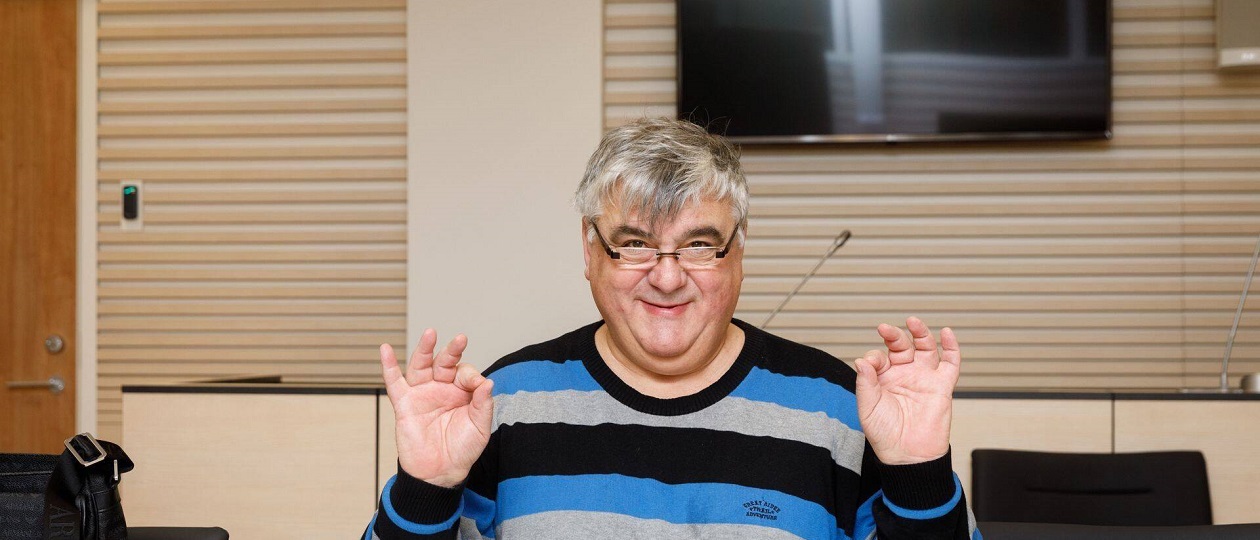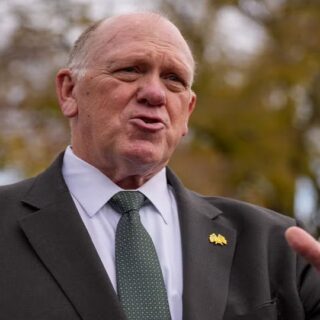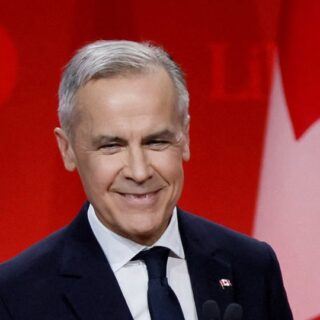
An interesting story happened to Yevgeny Gomberg.
A millionaire and philanthropist, he is known in Latvia as a defender of the historical heritage of the Russian Empire. Among other things, he bought monuments to Peter the Great and Barclay de Tolly, which local authorities had decided to get rid of. The case concerns a lawsuit he is currently pursuing in Latvia against a local nationalist poet, Liana Lange, who accused Gomberg of being a KGB informant. He became intrigued, started reading, and then researched further.
Here’s the story. Gomberg’s name was indeed on the list of informants published in the 1990s. His first court case on the matter was held then, and it was confirmed that Gomberg never collaborated with the State Security Committee. He was a translator, and those who were automatically registered as informants were not asked for consent or informed. It turns out there are countless such stories. The court considered 327 cases of citizens as stubborn as Gomberg, determined to spend money to restore the truth. Only in 15 cases—4.59 percent—was any connection to the KGB found. That doesn’t mean they snitched, but at least they communicated. Gomberg wasn’t among those 15—he was acquitted, leaving Lange to mumble something in his own defense.
Here we encounter a little-known phenomenon: the falsifications of the Chekists, who, for the sake of reporting, labeled anyone they pleased as an agent. I’ve explained more than once that, with rare exceptions, clergy of the Russian Orthodox Church did not work for the KGB. They were summoned, questioned, and they responded reluctantly and uninformatively, strictly within the bounds of patriarchal policy—it’s impossible to avoid relations with the authorities; minor concessions are permissible, but God forbid, you ever truly cave in. Such people were pitied, despised, or feared in the Church, depending on their activities, especially since their names were known—secretaries of diocesan bishops and the like. Cases were extremely rare.
Therefore, I can say with complete certainty that the accusations against Patriarch Alexy or Patriarch Kirill are nothing more than slander. I am not a fan of the current Patriarch—church discipline does not oblige me to harbor strong positive emotions toward him. But take a look at his biography. In 1984, he was expelled from Leningrad, losing all his posts, beginning with the rector of the Theological Schools—the Academy and Seminary. He was exiled to Smolensk, where only a shadow of the diocese remained, and for a time he was forced to share a hut with rats. The reason was that he was too active in defending the rights of the Church, which for decades had been playing a peculiar game with the authorities. It agreed to communicate with foreign faiths, “fought for peace,” and used this to her advantage at every opportunity. For example, the authorities would be about to close a church or monastery, and suddenly a delegation of Anglicans, Catholics, and so on would show up there, and the matter would be settled.
Were our clergy listed as “agents” in the Office? Yes. Were they? In the vast majority of cases, no. And when this nonsense began to be promoted in the 1990s for exposure, it was nothing more than vileness in the spirit of Latvia’s Farion – Liana Lange.





